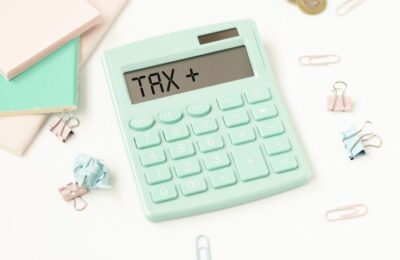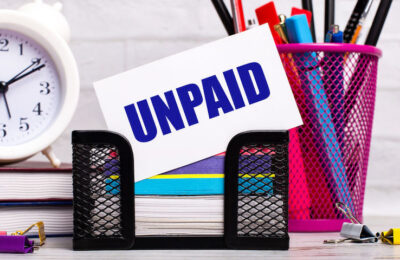Every year, HMRC urges eligible people to claim Marriage Allowance to help cut their tax bills. If one spouse or civil partner now has an income below their personal allowance for income tax – usually £12,570 – then they can transfer some of this allowance to their partner, leading to a tax saving.
However, while more people may be eligible for the Marriage Allowance, consumer watchdog Which? has sounded a warning about unofficial claims services that can take as much as 40% of your payout – plus fees!
In this post, we bring you up to speed on what the Marriage Allowance is, how much you can claim – and how to claim it without getting ripped off.
What is the Marriage Allowance?
The Marriage Allowance is open to people who are married or in a civil partnership. In a nutshell, if one person doesn’t have enough income to qualify for income tax, they can transfer some of their £12,570 personal allowance to their husband, wife or partner.
The way this normally works is as follows.
- Partner A has an income below £12,570 and doesn’t pay income tax
- They transfer £1,260 of their personal allowance to Partner B. Partner A now has a personal allowance of £11,310
- Partner B gets a tax credit on £1,260 of their taxable income. This reduces their tax bill by up to £252.
HMRC has a helpful Marriage Allowance Calculator, which allows you to work out how much you can save. However, if you receive income such as dividends, savings or employment benefits, you will need to call the Income Tax Helpline.
Why would I now be eligible?
There are lots of different reasons why you may have become eligible for Marriage Allowance. One partner’s income may have dropped below the taxable threshold. Alternatively, one partner may have retired or decided to return to full-time education. And, of course, a couple may have recently tied the knot! The important thing is that, if one partner has an income below £12,570, a couple is likely to be eligible for Marriage Allowance.
Can I backdate Marriage Allowance?
Yes, you can backdate your claim to include any tax year since 5th April 2019, as long as you were eligible for Marriage Allowance in that year.
How do I claim Marriage Allowance?
The simplest way to claim Marriage Allowance is online, via HMRC’s website. You’ll need your National Insurance number and your partner’s, as well as two proofs of identity. The online application system is here.
What you should not do is use one of the third-party claims services that advertise online. According to consumer champion Which?, many people have signed up to these services thinking they were run by HMRC. In the worst instances, these companies will take 40% of your Marriage Allowance tax saving, as well as charging fees on top.
Claiming online at the HMRC website is quick, easy and free – so do make sure you use it. Of course, if you are a THP client and you have any questions about Marriage Allowance or your Self-Assessment Tax Return, please do get in touch with your account manager.
About Karen Jones
Having worked for one of the world’s largest accountancy firms, Karen Jones uses her tax knowledge and skills to help clients obtain substantial reductions to their tax liabilities.
With an expanding portfolio of tax clients, Karen enjoys the variety her work brings her and particularly likes working with new businesses and people. With a growing number of tax clients, she frequently faces a variety of challenges and relishes the experience she gains as she solves them.
Karen likes the THP ethos: “I like the way the team has a professional, but friendly and down-to-earth approach – it creates a productive atmosphere that benefits everyone.”
Karen’s specialist skills:
- Personal Taxation
- Tax Efficient Planning
- Trust Administration












